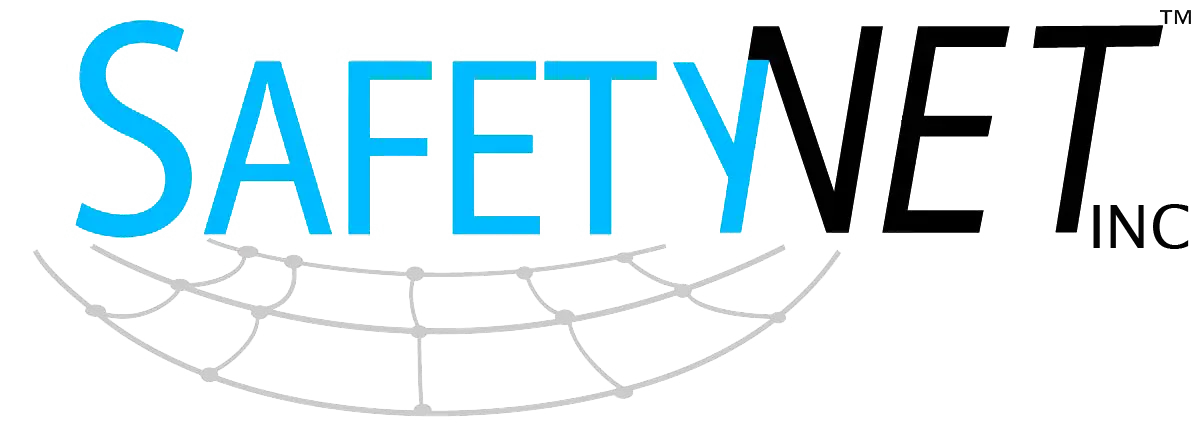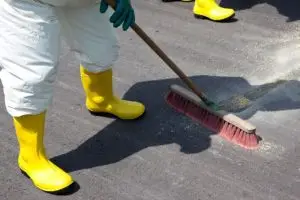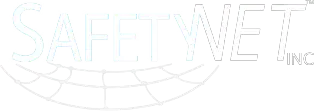At SafetyNet, we understand the complexities of running a successful manufacturing business. Adding environmental regulations to the mix can feel overwhelming. Here’s where a professional safety consultant, like SafetyNet Inc., becomes your invaluable partner.
California Dreamin’? Environmental Realities for Manufacturers
California, a leader in environmental protection, has some of the strictest regulations in the US. However, environmental compliance standards vary across all states. Staying informed and ensuring adherence can be a significant challenge.
The Environmental Alphabet Soup: Understanding Key Regulations
Manufacturing facilities often deal with a range of environmental regulations, including:
- Clean Air Act (CAA): Regulates air emissions from stationary sources like factories.
- Clean Water Act (CWA): Controls water discharges and promotes water quality.
- Resource Conservation and Recovery Act (RCRA): Governs the management of hazardous waste from “cradle to grave.”
- National Emission Standards for Hazardous Air Pollutants (NESHAP): Sets specific standards for limiting emissions of hazardous air pollutants.
Stormwater Regulations:
- California’s Industrial General Permit (IGP): This program requires many businesses with certain Standard Industrial Classification (SIC) codes to obtain a permit for stormwater discharges. SafetyNet can help you determine if your facility needs an IGP and guide you through the permitting process.
Spill Prevention, Control, and Countermeasure (SPCC) Plans:
- EPA 40 CFR 112 regulations: Any California facility storing oil or petroleum products above 1,320 gallons must establish a written SPCC plan. SafetyNet’s consultants can help you develop and implement a compliant SPCC plan that outlines containment, drainage systems, tank integrity testing, inspections, transfer procedures, recordkeeping, training, security, and spill response measures.
Hazardous Waste Management:
- California Department of Toxic Substances Control (DTSC): DTSC regulates hazardous waste generation, storage, transportation, and disposal in California. The regulations differ depending on the quantity of hazardous waste your facility generates:
- Large Quantity Generators (LQGs): Generate more than 1,000 kg (2,200 lbs) of hazardous waste per month, or more than 1 kg (2.2 lbs) of acutely hazardous waste per month.
- Small Quantity Generators (SQGs): Generate between 100 kg and 1,000 kg (220 lbs and 2,200 lbs) of hazardous waste per month, or less than 1 kg (2.2 lbs) of acutely hazardous waste per month.
- Very Small Quantity Generators (VSQGs): Generate less than 100 kg (220 lbs) of hazardous waste per month, or less than 1 kg (2.2 lbs) of acutely hazardous waste per month.
SafetyNet can help you classify your hazardous waste generation status, develop a waste management plan, and ensure you comply with all relevant storage, labeling, and disposal regulations.
Air Quality Management District (AQMD) Management Standards:
- California Air Resources Board (CARB) and Local Air Districts: These agencies establish air quality regulations for various industries. SafetyNet’s consultants can help you identify the applicable AQMD standards for your facility and ensure you comply with permitting, monitoring, and reporting requirements.
Why Compliance Matters: More Than Just Avoiding Fines
Environmental non-compliance can result in hefty fines, production shutdowns, and even reputational damage. However, compliance goes beyond avoiding penalties. It’s about minimizing your environmental footprint, protecting public health, and demonstrating your commitment to responsible manufacturing practices.
SafetyNet: Your Ally in Environmental Compliance
SafetyNet Inc. offers a comprehensive suite of services to help you navigate the complexities of environmental regulations:
- Understanding Applicable Standards: Our consultants will research and identify the specific environmental regulations that apply to your facility’s location and industry.
- Developing Compliance Programs: We’ll work with you to create customized programs that ensure adherence to relevant regulations.
- Permitting Assistance: SafetyNet can guide you through the permitting process for stormwater, hazardous waste, and air quality regulations.
- Employee Training: We offer comprehensive training programs to educate your staff on environmental compliance best practices and reporting procedures.
- Ongoing Support: Our team provides ongoing support to ensure your compliance program remains effective and adapts to any evolving regulations.
The Benefits of a Proactive Approach:
Partnering with a safety consultant like SafetyNet offers several advantages:
- Reduced Risk of Violations: Our expertise helps you identify


